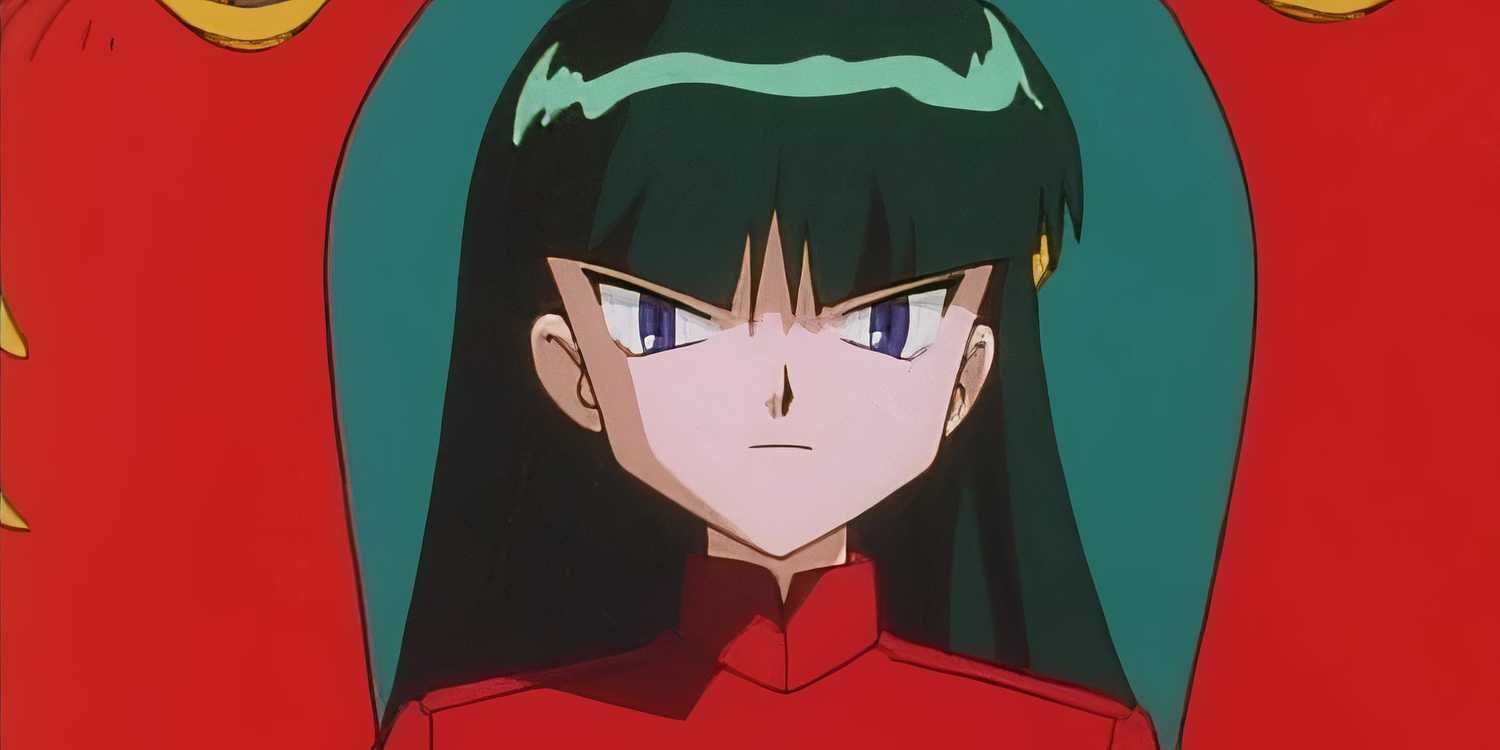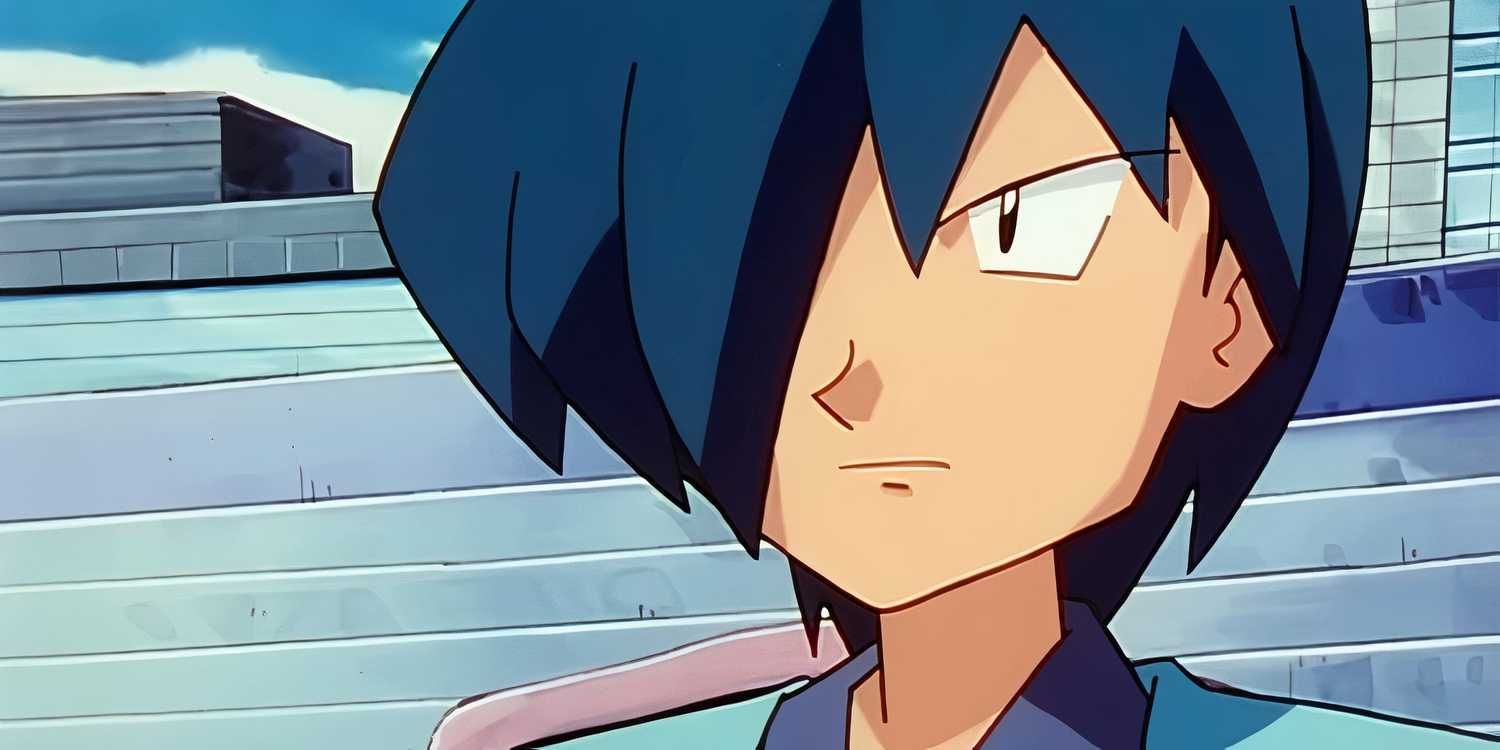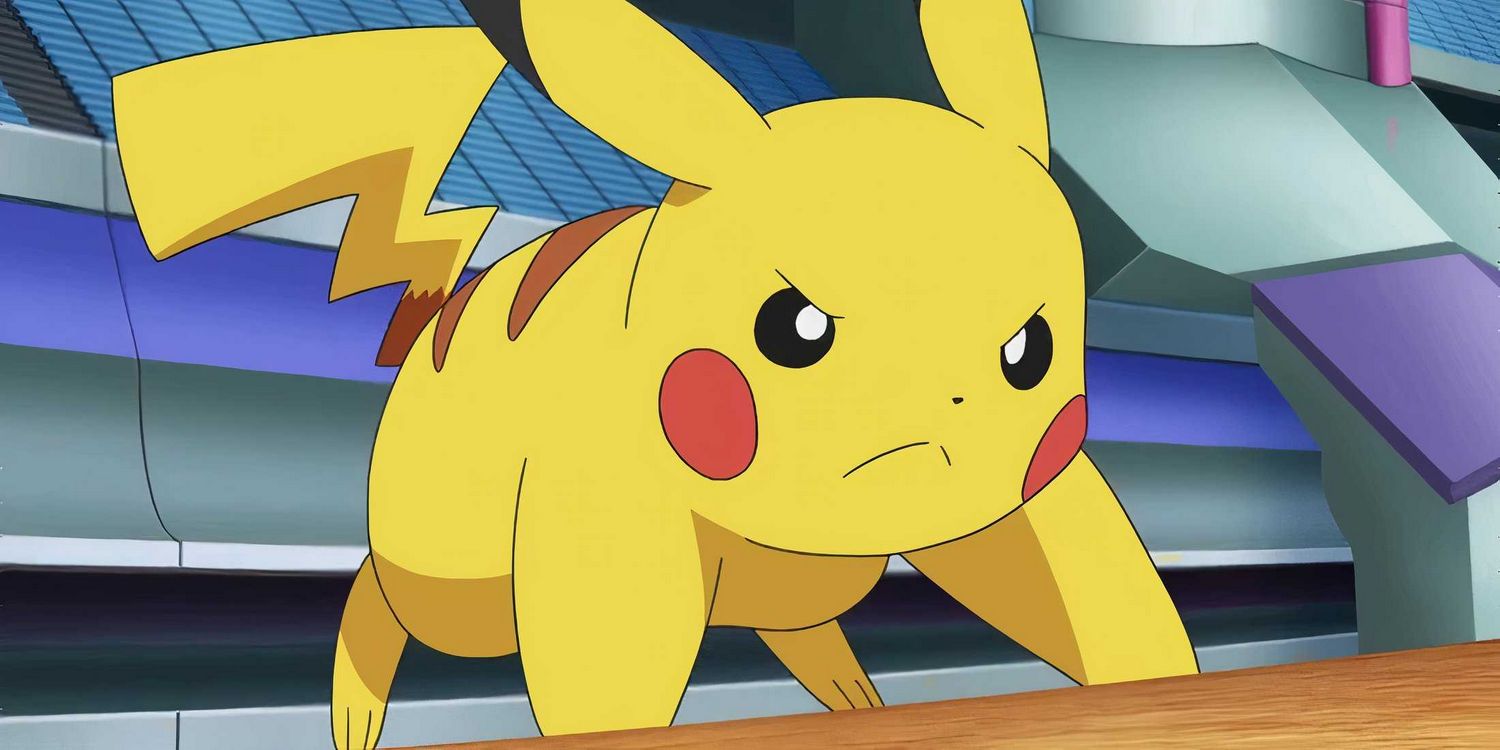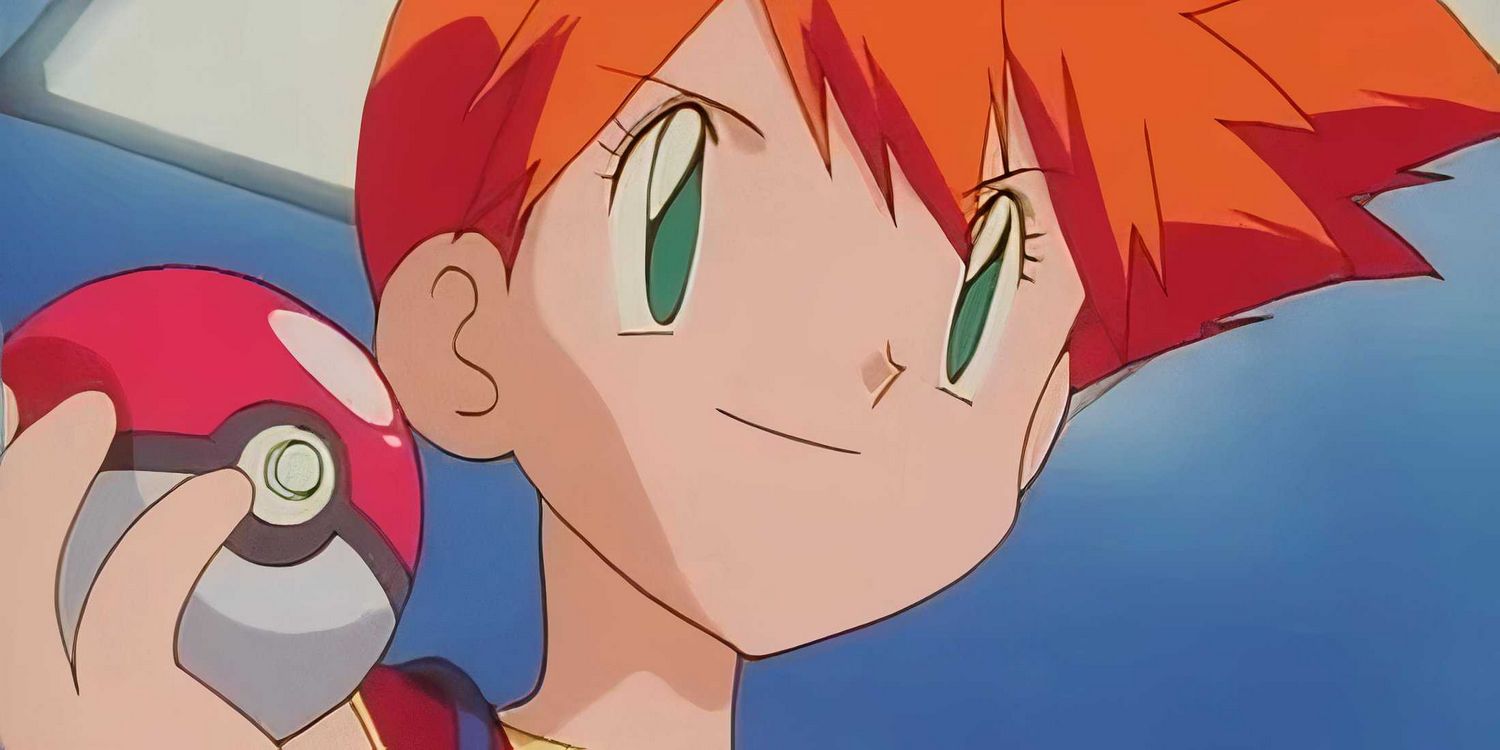Why Ash Ketchum Would Be A Terrible Pokémon Trainer In The Games
Popular Now
 BeamNG.drive
BeamNG.drive
 Fall Guys
Fall Guys
 Brawl Stars
Brawl Stars
 Text to Speech Voice
Text to Speech Voice
 PUBG Mobile
PUBG Mobile
 FIFA 23
FIFA 23
 Fortnite
Fortnite
 God of War Ragnarök
God of War Ragnarök
 Geometry Dash
Geometry Dash
 CarX Street
CarX Street
 For over two decades, Ash Ketchum was the face of the Pokémon franchise, a relentless, ever-optimistic trainer on a quest to become a Pokémon Master. We’ve seen him overcome impossible odds, from defeating legendary Pokémon with a single Pikachu to creating innovative, real-time battle strategies. He’s the hero of the Pokémon anime, but if you were to drop him into the world of the Pokémon video games, he would be a complete and utter failure. The fundamental differences in mechanics, logic, and strategy between the two mediums would completely dismantle Ash’s unique fighting style and lead to his quick demise on his very first journey.
For over two decades, Ash Ketchum was the face of the Pokémon franchise, a relentless, ever-optimistic trainer on a quest to become a Pokémon Master. We’ve seen him overcome impossible odds, from defeating legendary Pokémon with a single Pikachu to creating innovative, real-time battle strategies. He’s the hero of the Pokémon anime, but if you were to drop him into the world of the Pokémon video games, he would be a complete and utter failure. The fundamental differences in mechanics, logic, and strategy between the two mediums would completely dismantle Ash’s unique fighting style and lead to his quick demise on his very first journey.
The core of the issue lies in a simple fact: the anime is a real-time, narrative-driven story, while the games are a turn-based, strategic RPG. The rules that Ash lives by—rules he often bends or outright breaks—simply do not exist in the structured, algorithmic world of the games. From his reliance on “power of friendship” boosts to his lack of understanding of basic type advantages, Ash would be an easy opponent for any seasoned player, and he would likely go broke trying to win a single gym badge.
 The Major Differences Between the Anime and the Games
The Major Differences Between the Anime and the Games
To understand why Ash would fail, you must first understand the key contradictions between the two universes. The Pokémon games operate on a rigid set of rules, while the anime treats battles as a dynamic, emotional spectacle. Here are the crucial differences that would lead to Ash’s downfall:
- Turn-Based Combat: In the games, every battle is a turn-based affair. A Pokémon’s speed stat determines which trainer moves first, and each trainer has a single turn to command their Pokémon. This is a far cry from the real-time battles of the anime, where Ash often yells multiple commands at once, such as “Pikachu, use Quick Attack and then use Thunderbolt!” In the games, Pikachu would have to wait its turn before it could even think about a second move. This would completely nullify Ash’s most creative and dynamic strategies.
- The “Four Move” Rule: Pokémon in the games are limited to a maximum of four moves at any given time. This requires careful planning and strategic foresight to build a well-rounded moveset. Ash’s Pikachu, on the other hand, seems to have an infinite number of moves, often knowing Quick Attack, Thunderbolt, Iron Tail, and Electro Ball all at once. The idea of having to “forget” a move to learn a new one would be an alien concept to him, and he would be at a significant disadvantage against a trainer who has carefully curated their Pokémon’s moveset for battle.
- Lack of Environmental and “Trainer” Abilities: Ash has a habit of using the environment to his advantage. He famously defeated Brock’s Onix by activating the sprinkler system to make it vulnerable to an electric attack, an action that is impossible within the confines of a game battle. Furthermore, he often relies on verbal commands like “dodge!” which is not a function in the games. Pokémon’s ability to evade attacks is determined by its evasion stat, not by a trainer’s whim. This would take away a significant portion of Ash’s unpredictable and often illogical battle tactics.
- Pokémon Evolution: A key component of the games is Pokémon evolution, which is a primary method of increasing a Pokémon’s power, stats, and moveset. Ash, famously, has a team of unevolved Pokémon for much of his journey. While his Pikachu is an exception, his other Pokémon, such as Bulbasaur and Squirtle, remain in their base forms despite their potential. In the games, an unevolved Pokémon would be at a severe disadvantage in any serious battle, as it would be statistically inferior to its fully evolved counterparts.
- Losing a Battle Costs You Money: In the anime, losing a battle just means a moment of sadness and a vow to train harder. In the games, however, losing a Pokémon battle to another trainer means you have to forfeit a portion of your hard-earned money. Given Ash’s high rate of loss in his early journeys, he would be completely broke. He wouldn’t be able to buy potions, Poké Balls, or anything else needed to continue his journey. His friends, Misty and Brock, wouldn’t be there to bail him out or provide food, leaving him stranded and penniless.
 The Problem with Ash’s Training Philosophy
The Problem with Ash’s Training Philosophy
Ultimately, Ash’s approach to training is too romantic for the pragmatic world of the Pokémon games. He focuses on a “heart of the cards” mentality, believing that his and his Pokémon’s bond will be enough to overcome a superior opponent. While this works in a narrative, it’s a disastrous strategy in a game where stats, typing, and strategic move choice are all that matter. His lack of understanding of type advantages is a recurring joke in the early seasons, and it’s a mistake that would lead to his immediate defeat against any serious gym leader. His unorganized teams, his reliance on last-ditch efforts, and his disregard for leveling up and evolving his Pokémon would make him an easy target. The world of the Pokémon video games is a cold, calculated one, and Ash’s “go with the flow” attitude would be his undoing. This discussion has been a hot topic in the gaming community for years, making it a source of highly competitive high-CPC keywords and debates among fans.








